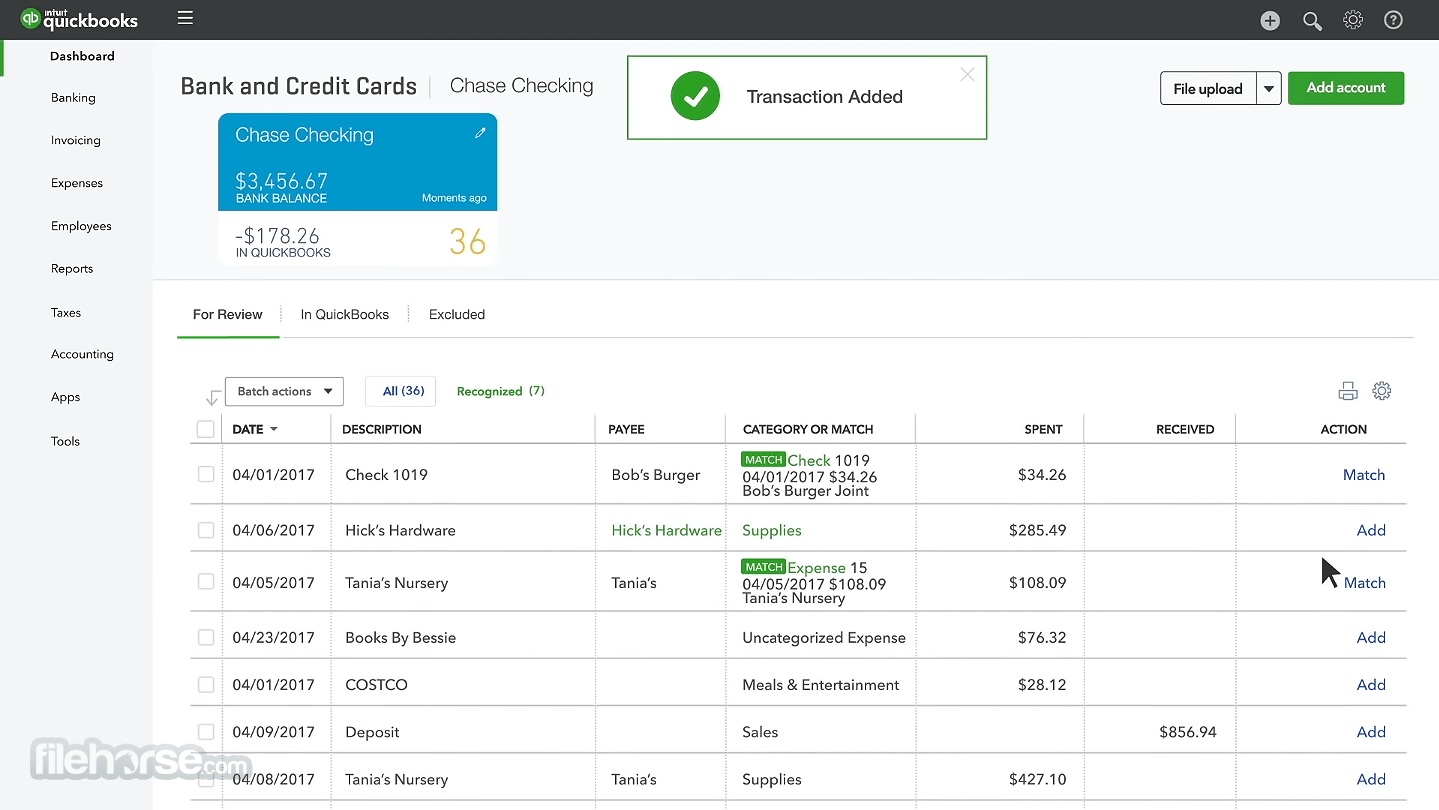

You'll need to filter saltwater to make it drinkable, craft weapons you can use to defend against wayward sharks, and create shelter to hide under. You use your hook to scoop up surrounding debris which you then combine to craft various equipment and supplies. With shark attacks the only major direct source of dangerous, you have the opportunity to build your expanding ship out at your own pace. That identity is one of steady but sure progress. This lack of adversarial content creates something very different and more predictable than the style of gameplay you'd find in something like Rust, but it also manage to carve out its own identity. While Raft can be played alone, it also allows you to work together with friends. Whereas a huge number of survival games descend into a Lord of the Flies scenario, or a psychological study of what depravities humanity will sink to when let to their own devices, Raft's more simplified multiplayer system encourages cooperation instead. In large part, this is due to a distinct lack of player vs. The progression curve isn't nearly as steep as it is with other survival games.


From wood to metal to food, there's plenty to be snatched up as you float lazily down the ocean, but the developers have found a nice balance for the time being. There's no lack of supplies out in the waters, a notion that strains credibility but certainly helps your odds of survival. More accurately, it's your job to thrive, as skilled survivalists will quickly transition from a few unstable planks to something resembling a floating pleasure yacht. You start trapped on a few planks of wood floating out on the open seas, and it's your job to survive. Raft builds off the common sensibilities of the crafting and survival genre to create a game that's familiar while also being rather distinct.


 0 kommentar(er)
0 kommentar(er)
